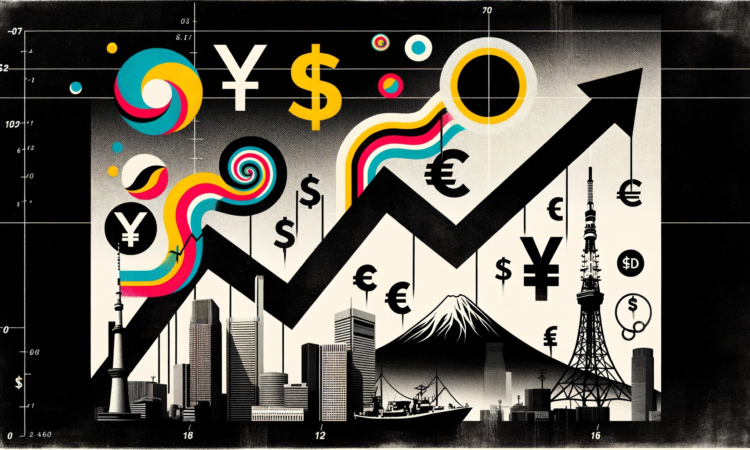
What’s going on here?
Currencies and commodities just saw major swings, spurred by Tokyo’s suspected currency intervention and fresh US inflation data.
What does this mean?
The yen went on a rollercoaster ride as investors reacted to Tokyo’s suspected intervention aimed at propping up the currency, following a cooler-than-expected US inflation report. Oil prices also ticked up on signs of easing inflation in the US, even though weekly oil contracts are still in the red. The South African rand got a boost after the unexpected inflation data hinted that the Federal Reserve might cut interest rates in September. On the flip side, traders are prepping for Zambia’s kwacha and Kenya’s shilling to slide against the dollar, while Uganda’s shilling, Nigeria’s naira, and Ghana’s cedi are expected to stay steady.
Why should I care?
For markets: Global financial ripples.
Currency swings and commodity prices are crucial for global markets. Nigeria’s central bank is battling double-digit inflation, with hopes of easing price pressures and lower interest rates soon. Plus, Nigeria’s oil regulator just settled a supply dispute by finalizing an agreement to sell crude at market prices to domestic refiners. Meanwhile, Kenya’s shilling weakened amid higher dollar demand and political drama following President William Ruto’s sweeping cabinet reshuffle.
The bigger picture: Emerging markets in focus.
Emerging markets are navigating a maze of economic challenges. Zambia’s Maamba Collieries, supported by ZCCM Investments Holdings, plans to build a $400 million coal-fired power plant. China’s JCHX Mining Management is investing $300 million to revive Zambia’s Lubambe Copper Mines. And in Uganda, the central bank has started buying locally-produced gold to boost its foreign reserves, tackling the hurdles posed by global financial markets.

